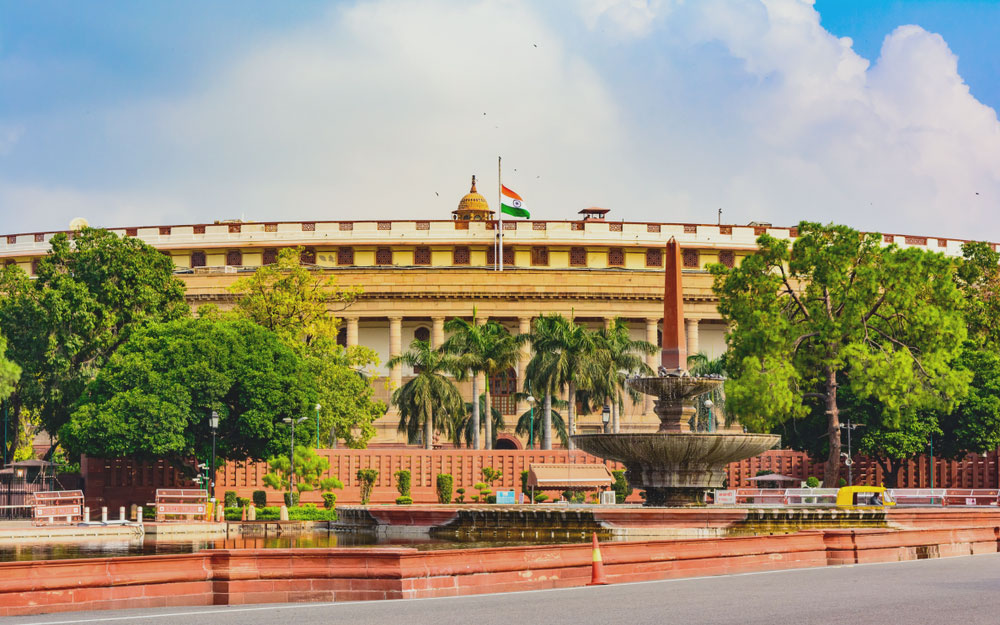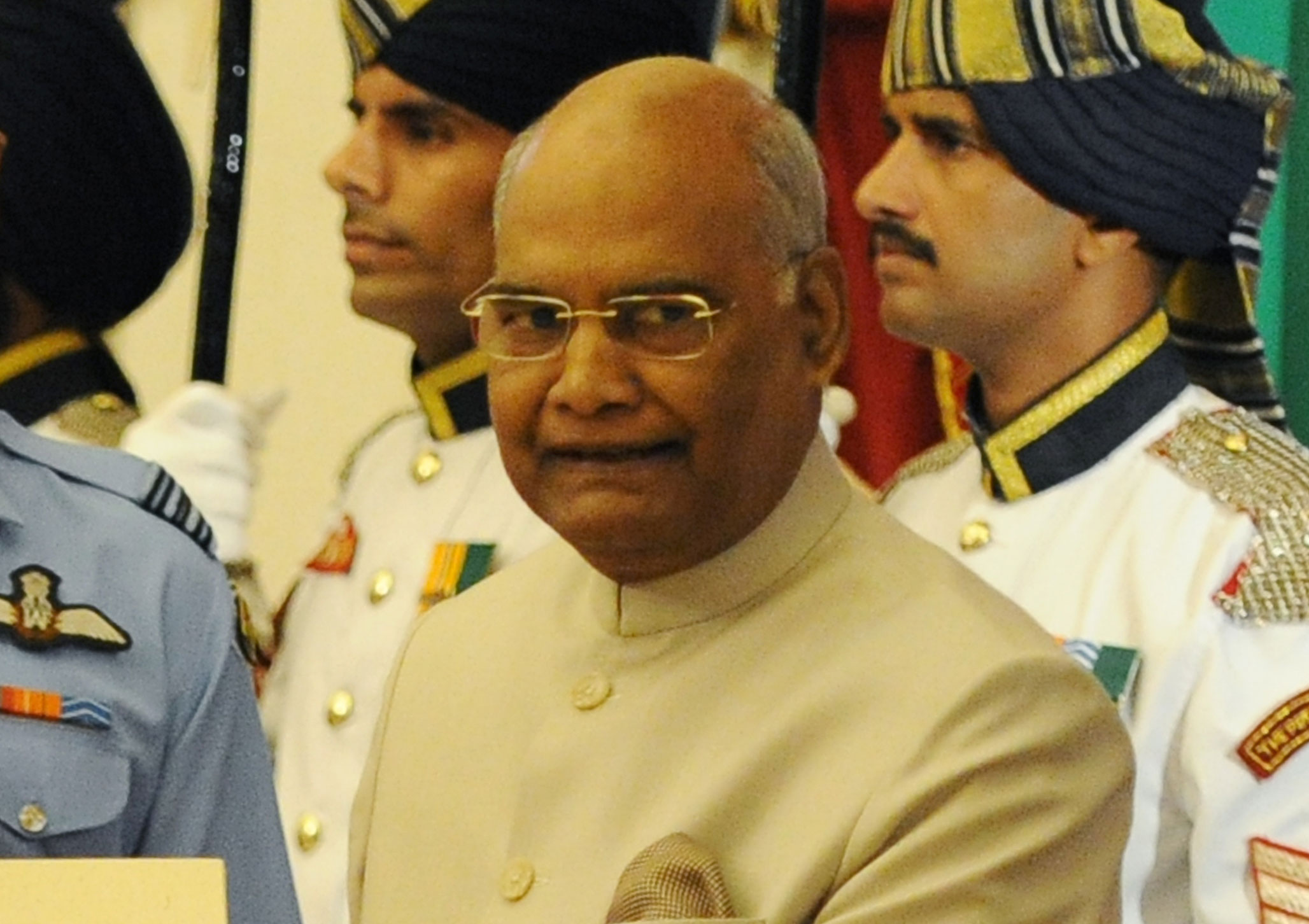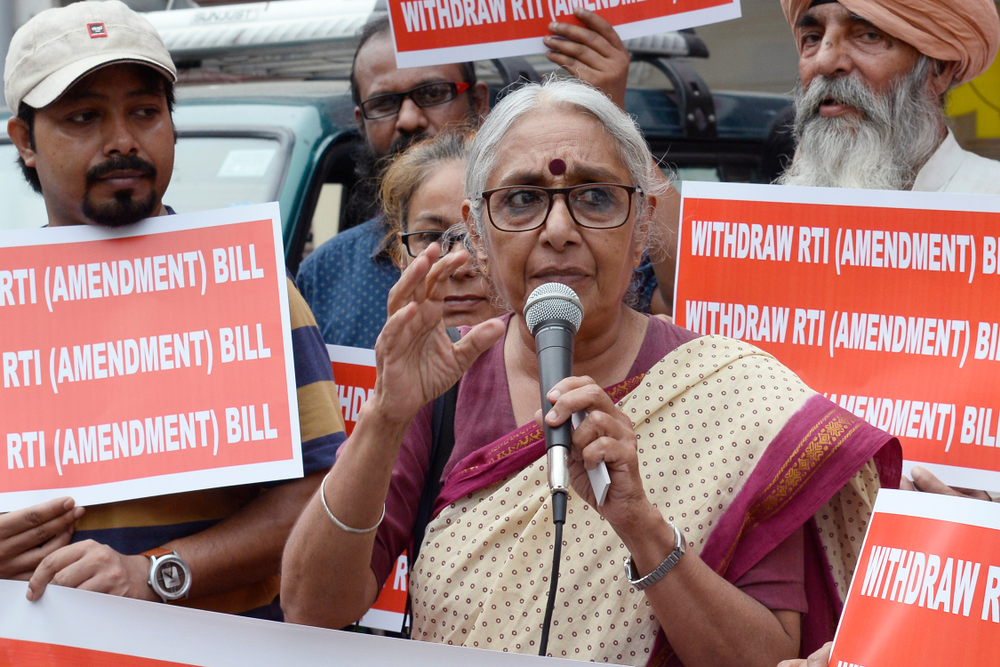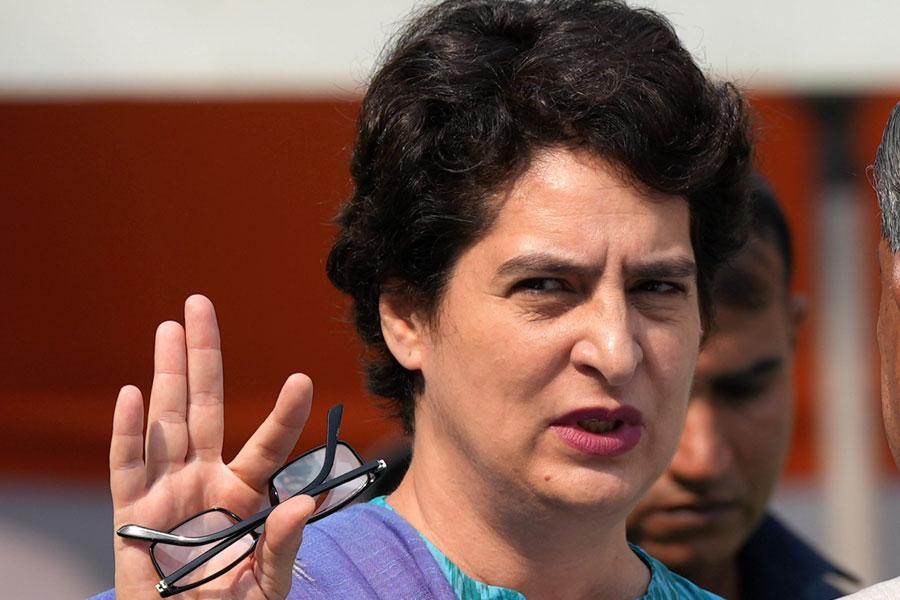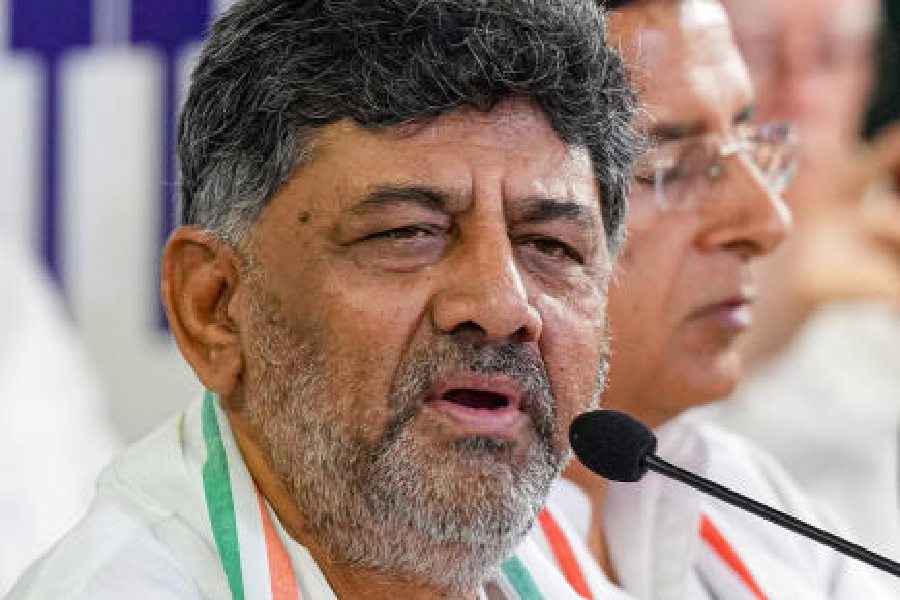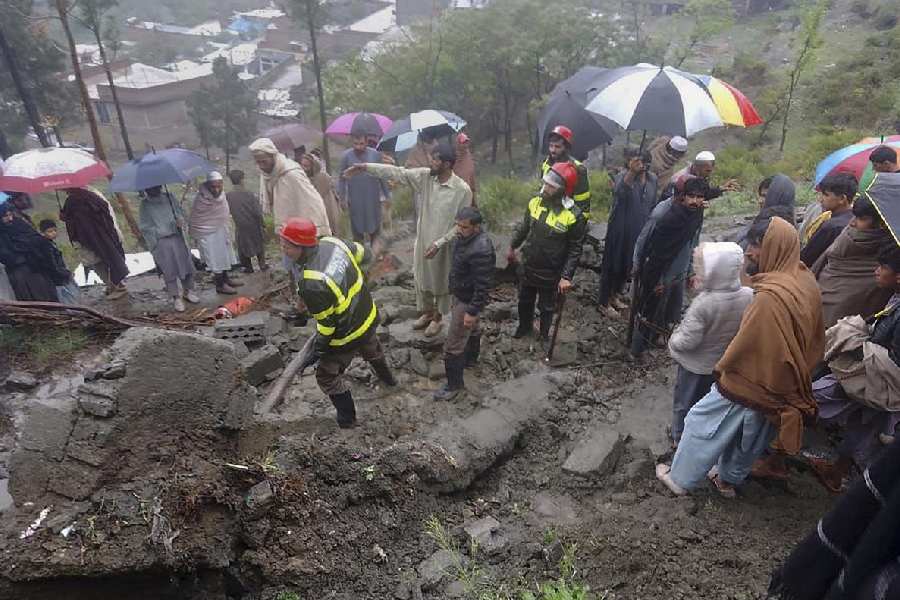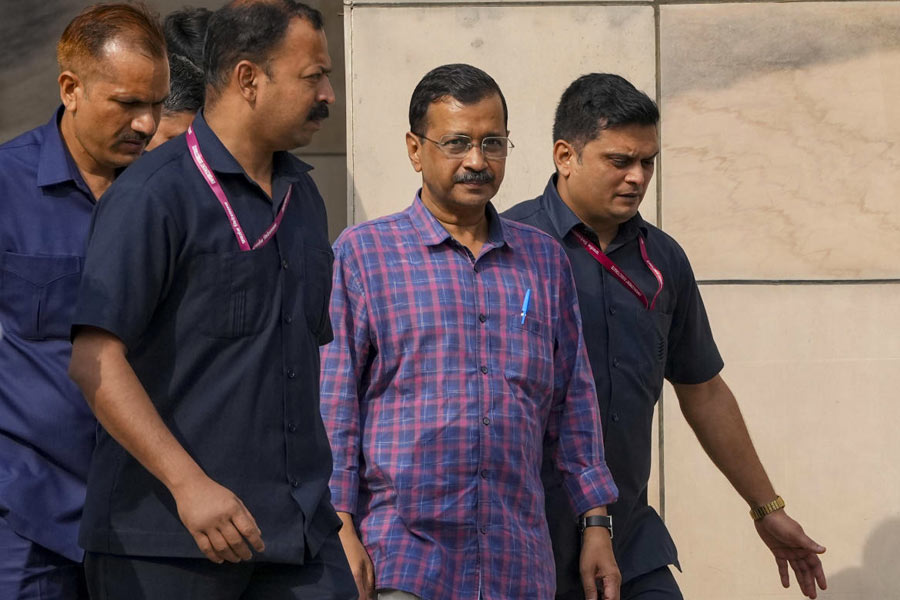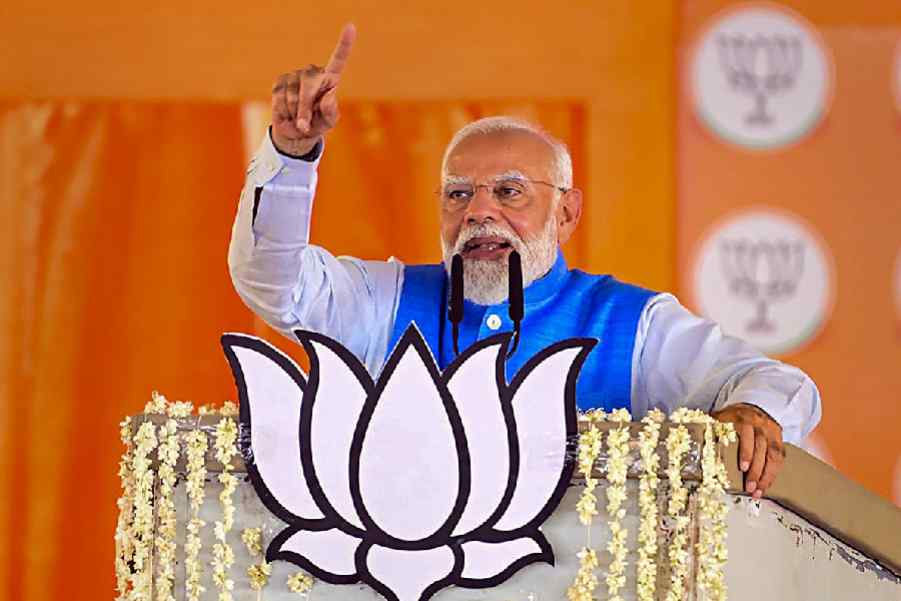During the budget session, which lasted from June 17 to August 7, the Lok Sabha recorded a productivity of 137 per cent. The session was considered to be the most productive in the last 20 years. According to PRS Legislative Research, 30 bills were passed by Parliament; the figure is the highest in the last 10 years. However, none of the bills introduced in this session was referred to a committee.
The argument in favour of ‘productivity’ must be re-examined. The glaring fallacy in this argument is the metric being used to evaluate Parliament’s productivity. Prioritizing the volume of legislations over their quality and their referral to standing committees eviscerates the deliberative nature of parliamentary democracy. According to PRS Legislative Research, in the 16th Lok Sabha, 25 per cent of the bills introduced were referred to committees, much lower than the figures of 71 per cent and 60 per cent in the 15th and 14th Lok Sabhas, respectively. None of the bills in the 17th Lok Sabha, including the one amending the Right to Information Act and the Muslim women (protection of rights on marriage) bill, was sent to standing committees. The use of standing committees augments the quality of legislations in two ways. First, since committee members are not obligated to toe the line of party whips, they act rationally. Second, the views of experts from academia and civil society are included while dealing with intricate issues.
There has been a general decline in the number of days of sitting for Parliament. The 16th Lok Sabha sat for 331 days, fewer than the average of 468 days. Squeezing higher productivity from lesser number of days results in bulldozing important legislations without the necessary checks and balances. The finance bill was passed within 30 minutes of its introduction, highlighting the perils of a brute majority for an elected dispensation.
The passage of the RTI amendment bill also exposed some of the deficiencies of Parliament. Bhartruhari Mahtab of the Biju Janata Dal had opposed the amendments vigorously. Similarly, in the Rajya Sabha, Prasanna Acharya, a BJD MP, supported the motion tabled by Derek O’Brien (TMC) and Binoy Viswam (CPI) to refer the bill to the select committee of Rajya Sabha. The motion was subsequently negated and the bill passed amidst a walkout by the Congress, the Rashtriya Janata Dal and the Trinamul Congress.
What compels parliamentarians to flock towards a single decision? The answer lies in the infamous anti-defection law, which makes legislators slaves to the party whip. Therefore, the Bharatiya Janata Party government only had to convince the BJD leadership without taking all its MPs into confidence. Once the leadership was persuaded, individual MPs were coerced to vote according to the whip.
That is not all. According to the Pre-legislative Consultation Policy, 2014, it is mandatory for a draft bill to be placed in the public domain for 30 days for scrutiny and feedback. This rule was violated as the text of the RTI bill was made public a day before its introduction. Ironically, Section 4(c) of the RTI Act mandates the publication of “all relevant facts while formulating important policies or announcing the decisions which affect [the] public”. The alleged partisanship of the Speaker, the anti-defection law, the absence of scrutiny of bills by committees, an enfeebled Opposition — these are a few of the abhorrent conditions that seem to be weakening representative democracy.

